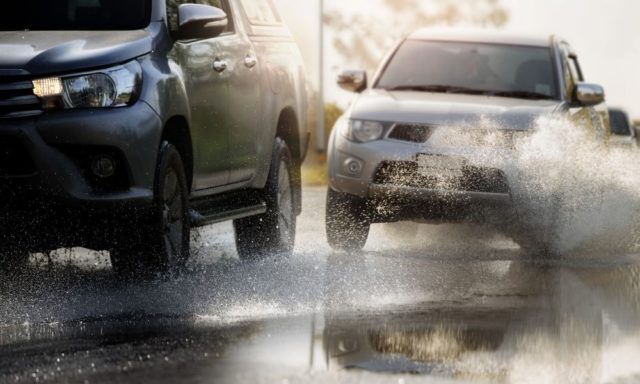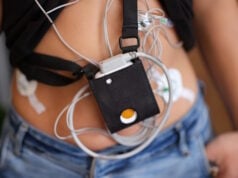
The rain can hit Florida hard, and if you’re new to driving, there are a few things you need to know. Not only can rain cause car damage, but it creates dangerous road conditions. Take note of these safety tips for driving in the rain, so you what to prepare for when it hits.
Turn on Headlights
The first precaution you need to take is to turn on your headlights. Not only will this help you see, but it’s also the law. When it’s raining, chances are you will need to use your windshield wipers, which means you need your headlights on too.
Flashers OFF
Do NOT use your flashers. It is against the law in Florida. Flashers are only to be used if you are stopped and pulled off to the side of the road. They are not to be used in a moving vehicle.
Use Windshield Wipers
The most import feature of your car you must turn on is your windshield wipers. This allows you to see past the rain and maintain your visibility. Windshield wipers also have different speeds you can choose, so make sure you adjust the speed accordingly with the weather conditions.
Drive Slow
The next safety tip driving in the rain is to drive slow on the roads. Speed limit signs do not consider hazardous weather. Roads can also be slippery when it rains because the oil used to pave the roads comes to the surface. Driving in the rain can cause hydroplaning, which means your tires will lose traction due to the water and oil on the streets.
Give Yourself Enough Distance
In addition to driving slower, you also need to give yourself enough distance between yourself and the car in front of you. In good conditions, you should give yourself at least two seconds. When the weather is bad, however, you should increase this to at least four or five seconds.
Pay More Attention
Driving while it rains can cause a lot of accidents. That is why you want to pay even more attention than you normally would. You should look out for standing water and other vehicles potentially losing control.












